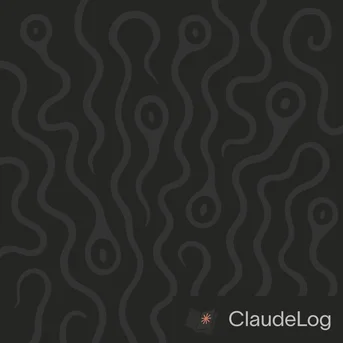What is Dangerously Skip Permissions in Claude Code
Dangerously Skip Permissions is Claude Code's YOLO mode that uses the --dangerously-skip-permissions flag to bypass all permission checks and eliminate safety guardrails entirely. This mode removes all confirmation prompts, including file modifications, command execution, and system operations.
How to Use It
Start Claude Code with the dangerous flag to enter unrestricted mode. The flag name deliberately includes "dangerously" to signal the security implications:
claude --dangerously-skip-permissions
Why Use It
Many people in the Reddit community use this during extended autonomous work sessions when constant permission interruptions break workflow momentum. Instead of managing dozens of individual approvals, you want Claude working independently while focusing on other tasks.
Use Cases:
- Research Phases - Extended file reading and analysis without interruptions
- Autonomous Sessions - Long development sprints requiring minimal oversight
- Containerized Environments - Safe execution within isolated Docker containers
- Well-Defined Plans - Following thoroughly checked implementation roadmaps
However, this represents the nuclear approach compared to granular permission controls.
Security Risks
The dangerous flag removes all safety barriers, creating compound risk where single misinterpreted instructions could cascade into significant damage:
- File Deletions - Unrestricted access to destructive file operations
- System Modifications - Complete access to system-level commands
- No Safety Net - Elimination of all human verification checkpoints
- Compound Damage - Single errors can escalate into environment destruction
- Horror Stories - Community reports of development environments being destroyed
Horror stories on r/ClaudeAI show folks have had their development environments destroyed by Claude running wild with unrestricted permissions.
Better Alternative
AllowedTools Configuration provides superior control compared to blanket permission bypassing:
- Granular Permissions - Explicit specification of which tools run without prompts
- Security Transparency - Clear understanding of automated operations
- Persistent Configuration - Consistent behavior across sessions in
~/.claude.json - Audit Trail - Visible and auditable permission structure
- Least Privilege - Grant only necessary permissions rather than universal access
I use allowedTools configuration because it creates better security awareness while maintaining workflow efficiency.
Use allowedTools configuration for granular control instead of removing all safety checks entirely.
Community members address dangerous permissions through Docker containers, but explicit tool configuration avoids this complexity entirely.
See Also: Dangerous Skip Permissions Mechanics|Auto-Accept Permissions|AllowedTools Configuration

